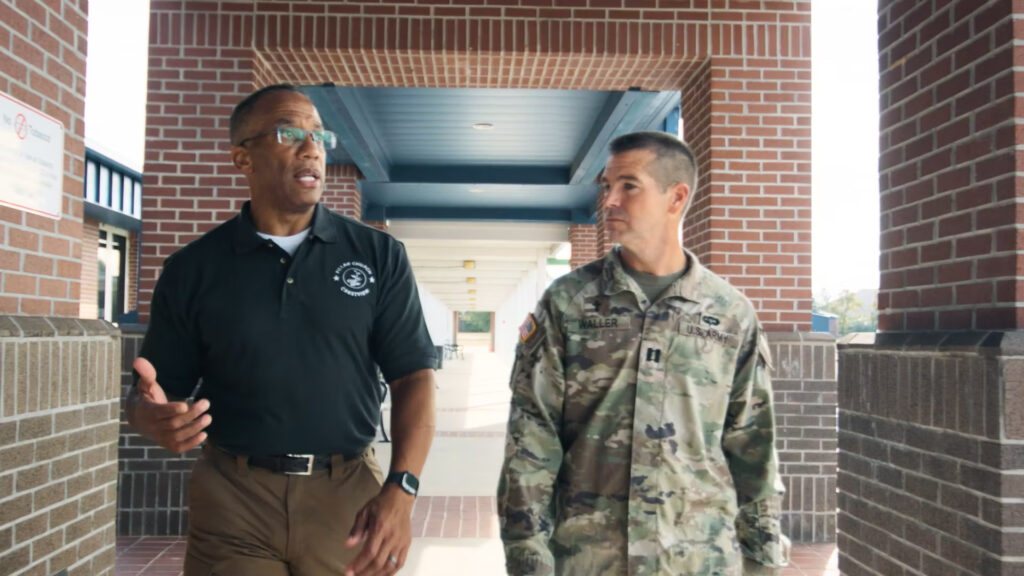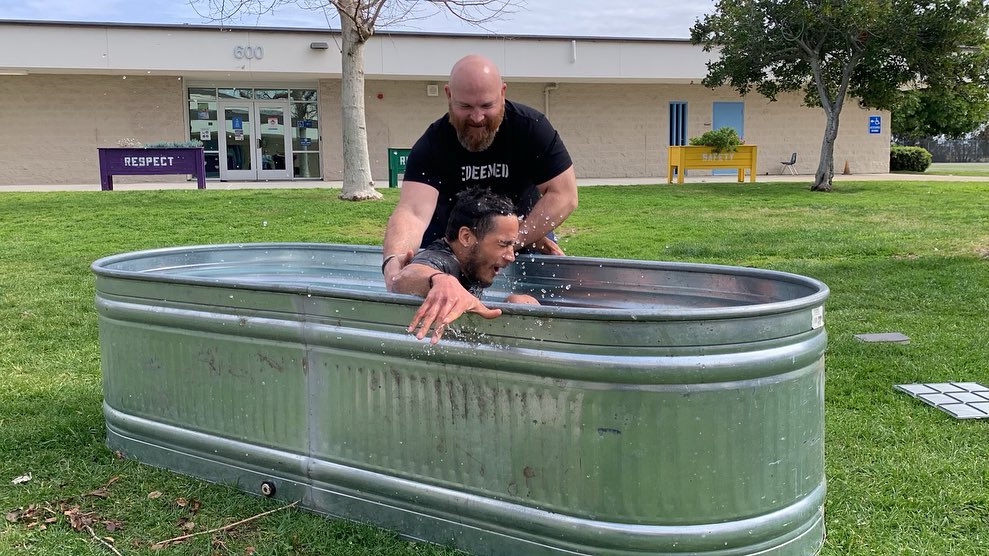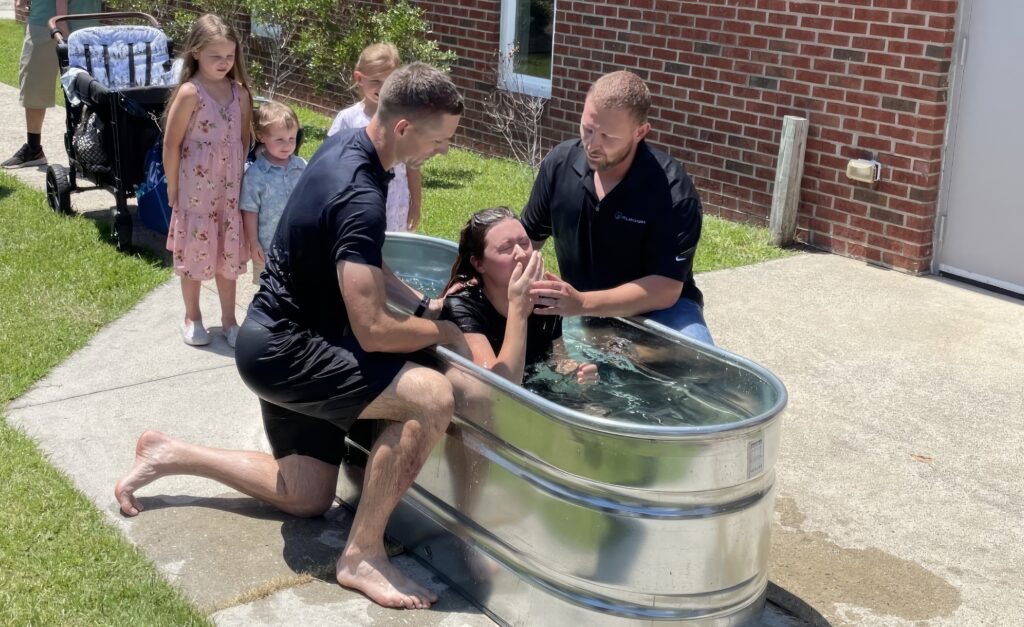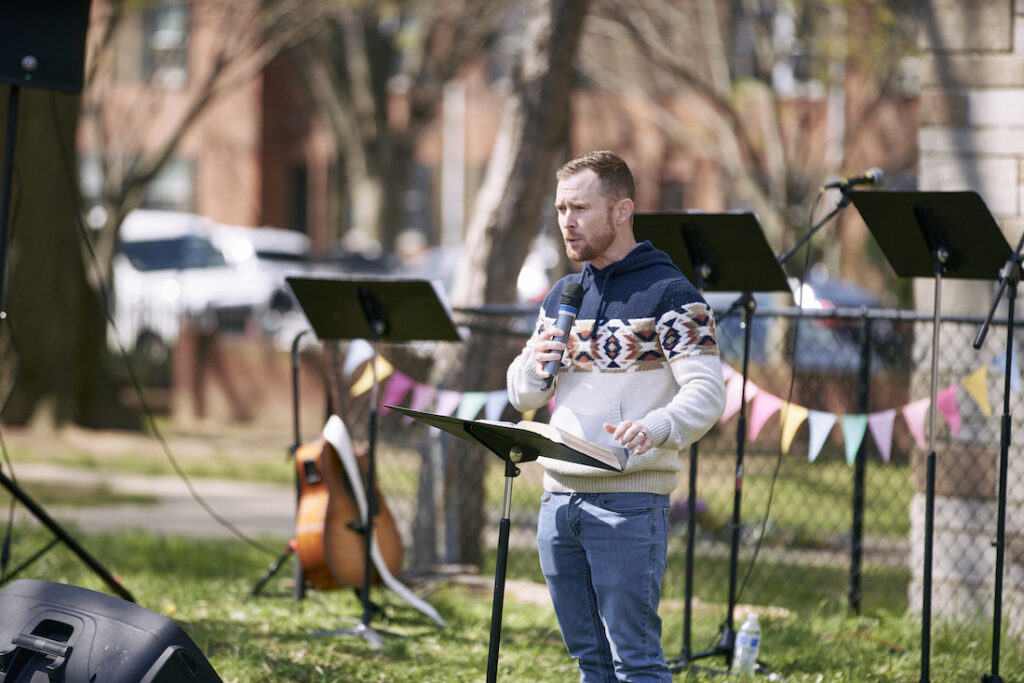I’m not exactly sure how I got there. I assume there were numerous factors that caused it. But, one day, I just woke up in a funk. I was apathetic about things that once drove me to action. I was lethargic in my daily responsibilities, listless in the things that should give me joy. My zest for new projects was gone. My zeal for the Lord had waned.
I assumed it would just go away. I thought I’d get up the next morning, and things would be better. But they weren’t. The next day became the next week, which became the next month, and nothing changed. I was in trouble, and I knew it.
I felt abnormal and weird. I’d never had an experience like this before—at least not one that stayed around for a while. I’ve read enough to know this is common among pastors. The dark night of the soul seems to hit us all.
I turned to a network of pastors and leaders who I trust and asked them if they’d ever had an experience like mine. The consistent pause that followed let me know I was not alone. To a man, those I spoke to recounted seasons of deep darkness, hopelessness, even despair. It was as if I had joined a pastoral fraternity of the worst kind.
Recently, I had this conversation with a pastor who I respect as much as any man on the planet. He asked how I was doing and sat back and listened as I answered the question as honestly as I knew how. I finished with a bit of self-diagnosis, like WebMD for your soul—“I’m not preaching the gospel to myself, I’m depressed, I’m . . .“
He cut me off.
“No, your spiritually sick,” he said.
I’d never heard it put that way, but this language made so much sense to me. Sickness—that’s exactly what it felt like. I was fine, then, all of the sudden, I was not.
“Why did I get sick,” I asked.
“Who knows.”
“When will it end?”
“When God wants it to.”
“What can I do?”
“Nothing.”
That’s not what I wanted to hear. I wanted a clear cause, so I could avoid it next time. I wanted a clear prognosis, so I knew how much longer I had to deal with this mess. And I wanted some medicine—something to soothe the symptoms while I waited.
But I’m learning this is not the way it works with spiritual sickness. There are times when the culprits are clear—blatant disregard for God’s Word, hidden sin, a lack of community—but there are also times when the origin of the sickness is not easy to pinpoint.
And, to make matters worse, you have no clue how long this sickness is going to last. This is the part that unnerves me the most. If God were to tell me that I’d feel this sense of spiritual sickness for a year then I could handle it, I wouldn’t like it, but at least I’d know there was a defined point when all of this would go away. I can handle pretty much anything for a few months if I know that it will end. But that’s not the case with spiritual sickness. I’m confident that it will get better, but I don’t know when. Maybe tomorrow or maybe next year. Who knows?
I’m still left with the question of what I should do in the meantime. I’m not very good at doing nothing. My pastor buddy reminded me that the only thing you do in times like this is beg God for help and deliverance. Help and deliverance. The Psalms drip with these cries: “As for me, I am poor and needy, but the Lord takes thought for me. You are my help and my deliverer; do not delay, O my God” (Ps 40:17). I tend to think there is something far different about David’s cries. After all, people were trying to kill him, and he was running for his life. But am I really all that different?
It would seem my enemy is far stronger than any vindictive king. He prowls around seeking to destroy me (1 Peter 5:8). Every day is a battle against innumerable foes I cannot see.
I’ve found I don’t use these words much. In fact, if I’m honest, my posture toward God communicates the self-sufficiency of my heart rather than my deep dependence on Him. I don’t want help. I want to muscle through it on my own.
Perhaps that’s the point of spiritual sickness. It reminds us that were frail. We see our weakness. We know we are needed in a fresh and palpable way.
I’m praying the word “help” far more these days. I hope that never changes.
Published November 30, 2016




